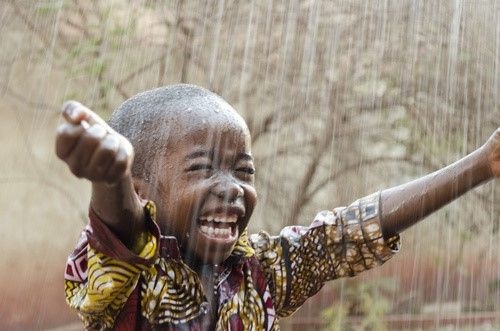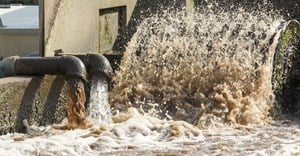Trending
Elections 2024
How water treatment in South Africa can eradicate water-related diseases

Understanding water-related diseases
Four types of water-related diseases
There are many different kinds of pathogens, parasites, viruses and bacteria that can be found in water. The four different types of water-related diseases include:
Waterborne diseases
These are what are known as diseases that are transmitted via drinking water like cholera and typhoid.
Water-washed or water-scarce diseases
This refers to diseases that tend to spread when there is a scarcity of water.
The act of washing ones hands is among the most effective means of preventing infection, but when water is scarce routine tasks such as this often get neglected. When there is less water, or less clean water, available for proper hygiene habits, such as for use in lavatories, as well as for regular washing of hands and washing of food during preparation, diseases tend to spread more easily.
Water based diseases
These are diseases that infect the body via contact. This means that bathing or swimming in water contaminated with a number of bacteria and parasites could cause disease or infection.
Water vector diseases
These diseases are transported by vectors that need water to breed and thrive, like mosquitos that carry malaria and yellow fever. This can be minimised by reducing the amount of stagnant water in any particular area as a means of vector control.
Most common water-related illnesses in Africa
Giardiasis
Caused by the microscopic Giardia lamblia parasite, Giardiasis infects the small intestine. Infection is usually caused by drinking contaminated water. It can even be caught by cats and dogs. It is most prominent in third world countries struggling with overcrowding which sees water quality control suffer.
Cholera
An infamous disease that has killed many people in multiple outbreaks due to the fact that it leads to severe dehydration. It has been successfully eliminated in areas with modern water treatment facilities.
Typhoid
This is a bacterial infection that is spread through contaminated water. With high fever as the main symptom typhoid can be fatal if not treated early with antibiotics. When left untreated, it is fatal to approximately a quarter of those who contract the disease.
How to prevent the spread of water-related disease
In a journal published by the American Water Works Association, written by Gary S. Logsdon and Edwin C. Lippy called The role of filtration in preventing waterborne disease they explore the correlation between water-related disease outbreaks and the lack of water filtration.
In this study they found that water filtration acts as a very effective barrier to disease. Proper water treatment, filtration and disinfection is able to reduce the microorganisms present in the water, which is supplied to those that need to use it. For example, A. Hazen found that the use of a slow sand filter is enough to significantly decrease the disease and death rates caused by waterborne diseases like cholera and typhoid.
Water treatment companies in South Africa, and across the globe, have started to design and implement effective solutions in order to curb the waterborne disease outbreaks.
WEC Projects has successfully implemented water treatment projects in numerous countries in Africa including Zimbabwe, Zambia, Mozambique, Angola, Botswana, South Africa, Liberia, the DRC, Tanzania and Nigeria. WEC Projects is able to make water treatment solutions available to any community as their portable water treatment systems and technologies are designed for easy transportation to even the most remote places.
Contact WEC Projects to find out more about how they can ensure water is safe for everyday use all over southern Africa.









